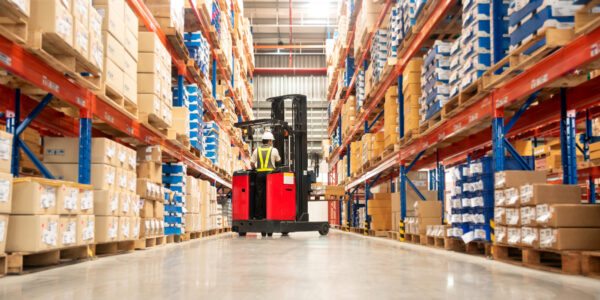A new study finds that 45.6% of warehouse and logistics leaders think automation is necessary. 36.1% are currently using automation and 36.9% are not. The rest are thinking about it.
To recap, the respondents were fairly evenly divided into thirds saying yes, no, and maybe. No outpaces yes slightly and maybe is not quite a full third of the subjects. But just under half say automation is necessary. If we assume that everyone currently using automation believes in it, then fewer than half of the maybe group think it’s truly needed. The rest are simply toying with it.
What are the obstacles?
There are quite a few obstacles in the way of adoption of automation:
- 28.3% lack expertise
- 24.5% face integration difficulties
- 22% are dealing with internal resistance
- 21% lack support and maintenance
- 22% don’t have time to train people
- 18% say it’s too complicated
- 20% have no problems
You’ll have noticed that this adds up to more than 100%. Given that more than one third of the respondents are already using automation, we have to assume that some of the people have multiple problems in the way of taking it up. They don’t have the expertise, it’s too complicated, and their colleagues don’t want to do it either. Or some other combination of issues.
AI is an exception
More than 48% of respondents plan to use artificial intelligence. That’s more than the total of respondents who feel confident that they’ll automate their warehouses or logistics systems.
Warehouse automation has been in the news quite a bit lately, with companies like Walmart and Amazon going all in. Drones, collaborative robots, autonomous mobile robots and vehicles, complete automated warehousing systems, even self-driving trucks hit the headlines. Warehousing automation is touted as a way to increase safety and productivity, to keep up with the new reliance on online shopping, and to cope with labor shortages.
If this study is to be believed, fans of the idea may be overselling it. Most warehouse and logistics work is apparently still being done by humans, and there are no immediate plans to change that.
Factories and printing presses continue to rely heavily on automation, though, and often they’re using Indramat systems, still some of the best motion control on the planet. When you need service or support for your Indramat drives and controls, call us. We’re specialists.
